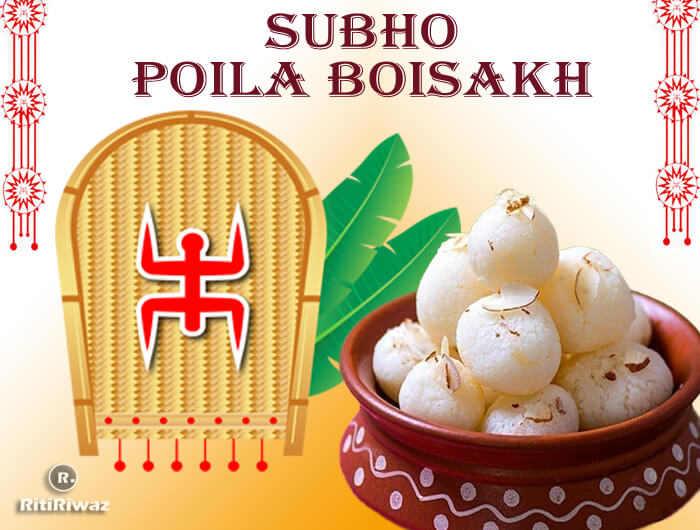Poila Boishakh, also known as Bengali New Year or Nobo Borso, is the first day of the Bengali solar calendar’s Baishakh month.
It is one of the most significant Bengali holidays and is celebrated with great grandeur in West Bengal and Bangladesh. Additionally, it is a national holiday in Bangladesh. On this day, people don new clothes, visit temples, consume delectable dishes, and spend time with their loved ones. On this day, Bengalis exchange the phrase Shubho Nabo Barsho, which translates to “Happy New Year.” Throughout West Bengal, numerous festivals and events are organized to commemorate this joyous occasion. Pohela Boishakh coincides with other regional festivals, such as Baisakhi in Punjab, Vishu in Kerala, Puthandu in Tamil Nadu, and Bihu in Assam, which is quite interesting.
Beginning the Bengali calendar is Boishakh or Baisakh. The Bengali New Year is known as Pohela Boishakh because it coincides with the agricultural season. King Shoshangko of ancient Bengal is credited by Drik Panchang with inaugurating the Bengali era. Estimates place the beginning of the Bengali era in 594 of the Gregorian calendar.
On the auspicious occasion of Poila Baisakh, people pray to God for a bountiful harvest. It is also a significant day for commerce, as merchants celebrate the beginning of the new accounting year by opening the Haal Khaata, a new account book.
Also read this:The Countless Health Benefits of Fish and Why You Should Include It in Your Diet!
People celebrate Poila Boishakh by spending time with family and friends, going to festivals, cleaning their homes, and donning new clothing. Additionally, people decorate their dwellings with traditional patterns known as alpona. Various New Year’s delicacies, including ilish maach, dhokar dalna, rice, desserts, and chanar dal, are prepared.




